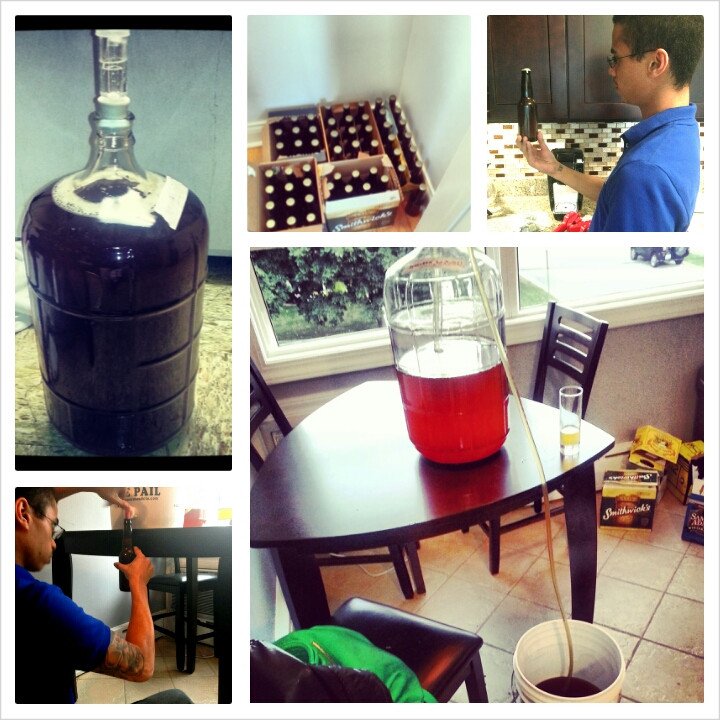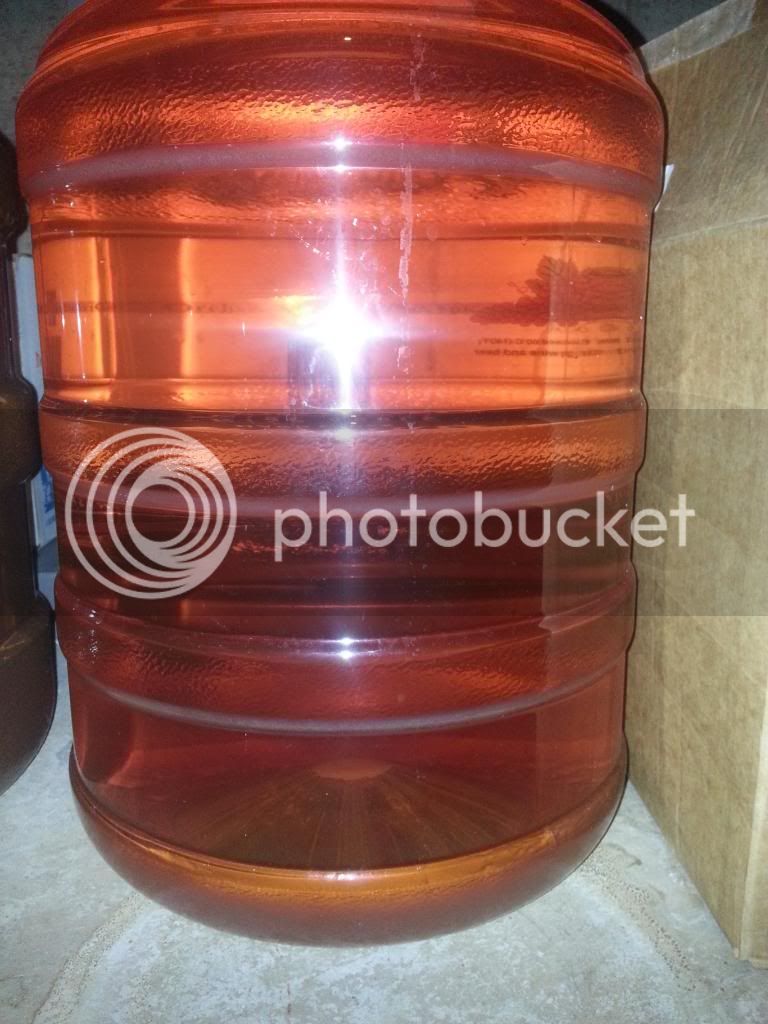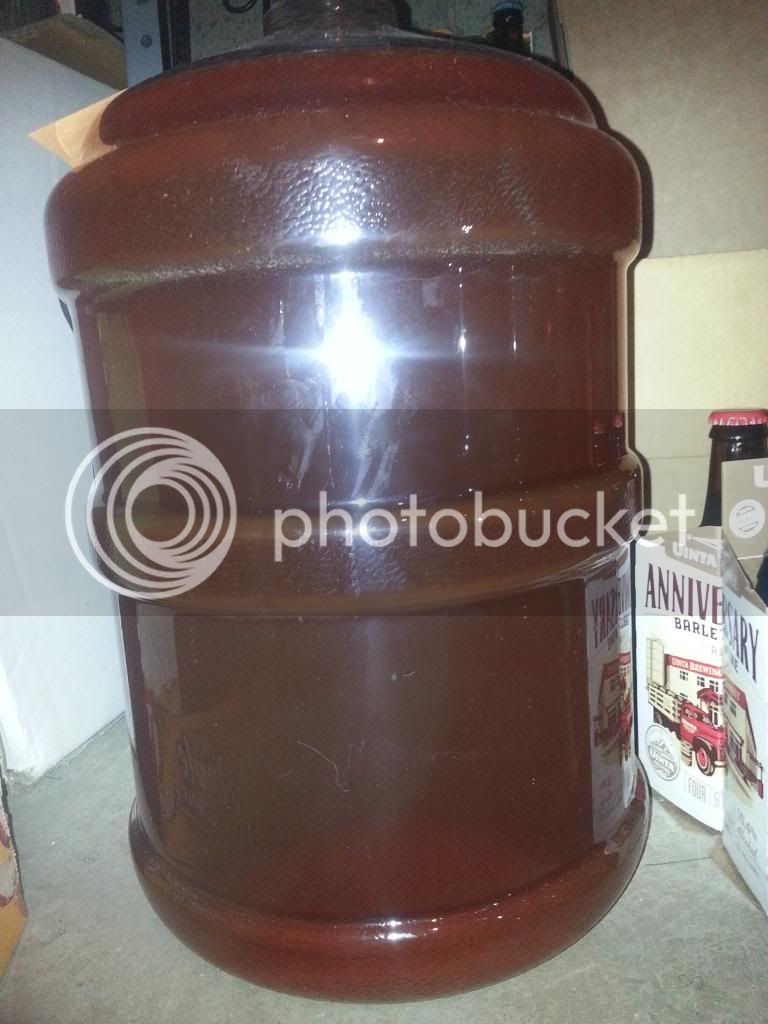I've never carbed anything before but I think I want to carb my next batch since I have 2 going at once right now. I don't think I'll sweeten it so can someone give me the specifics on how I would carb it?
From reading this thread and others I think I have a good idea but I don't want to leave out a step that could be critical. Do I take 4-5 ounces of priming sugar (for my 5.5 gallon batch), mix it with a few ounces of warm water and put it in my bucket and then rack my Apfelwein on top of it, stir and then bottle? Is it that simple? Do I need to use K-meta(campden) or Sorb? Do I need to let it sit for a while before bottling it or just bottle right away? Do I need to pasteurize it if I'm not planning on sweetening it?
That's basically right. I usually dissolve the priming sugar in a quart or so of the apfelwein rather then water, but that's just a personal preference. Just make sure that your priming sugar is thoroughly mixed with your apfelwein. If you don't, you could end up with differences in carbonation between bottles.
You don't need to let it sit after adding your priming sugar. Potassium sorbate prevents yeast reproduction and would make it take forever for your priming sugar to ferment and carb your bottles, so no. Don't add campden if you are bottle carbing.
You also don't need to pasteurize. Your priming sugar is going to ferment and produce a fairly precise amount of co2. Enough to carbonate, not enough to make a mess or blow up the bottles. If you back sweeten with something fermentable, then you need to pasteurize before to much of it ferments and starts blowing up the bottles. In your case, there wouldn't be any sugar to ferment in the bottles that would cause you a problem. That's why lactose or splenda are good choices for back sweetening. They don't ferment, so the process for sweetening and carbing is really straight forward.
Awesome thanks. Last two things. I know it's all subject to ones own taste but is there a good start point for how much Splenda to a 5 gallon. This ties into oxidation. I'm thinking if I stir it in then keep adding to taste and keep stiring it will oxidize it. Is that a concern with apfelwine? Anyone had any off tastes from leaving it on yeast cake for almost 3 months?
Well, tastes for sweetness vary a great deal. I would recommend pulling a quart or so as a sample. Sweeten that to taste, and keep track of how much sweetener you need. Multiplying that amount of sweetener by the total batch volume should get you in the right ballpark.
For some reason, cider just doesn't seem to have the problem with oxidation that most other fermented beverages do. I'm not sure why, but it just doesn't seem to be an issue.
Just bottled my first batch if this stuff.
It sat in primary for just over 6 months. Made it 4/4/13, and bottled today. tastes great from the bottling bucket. I bottled half still and half I primed at hopefully around 2.0 vol CO2.
My question was during cleanup. I used a glass carboy for primary. It still smells like the Apfelwine. I used a hot soak of PBW, hot rinse, and then starsan. It still smells pretty strongly of it. Also, the bottling bucket still smells of it too, even after a wash. Anyone else get this??
Not in glass, in plastic sure. Try scrubbing it down with baking soda in a little water. That won't completely get rid of it in plastic if you fermented in a bucket. In a bottling bucket, where it wasn't there very long, that and a week or so to air should take care of it.








